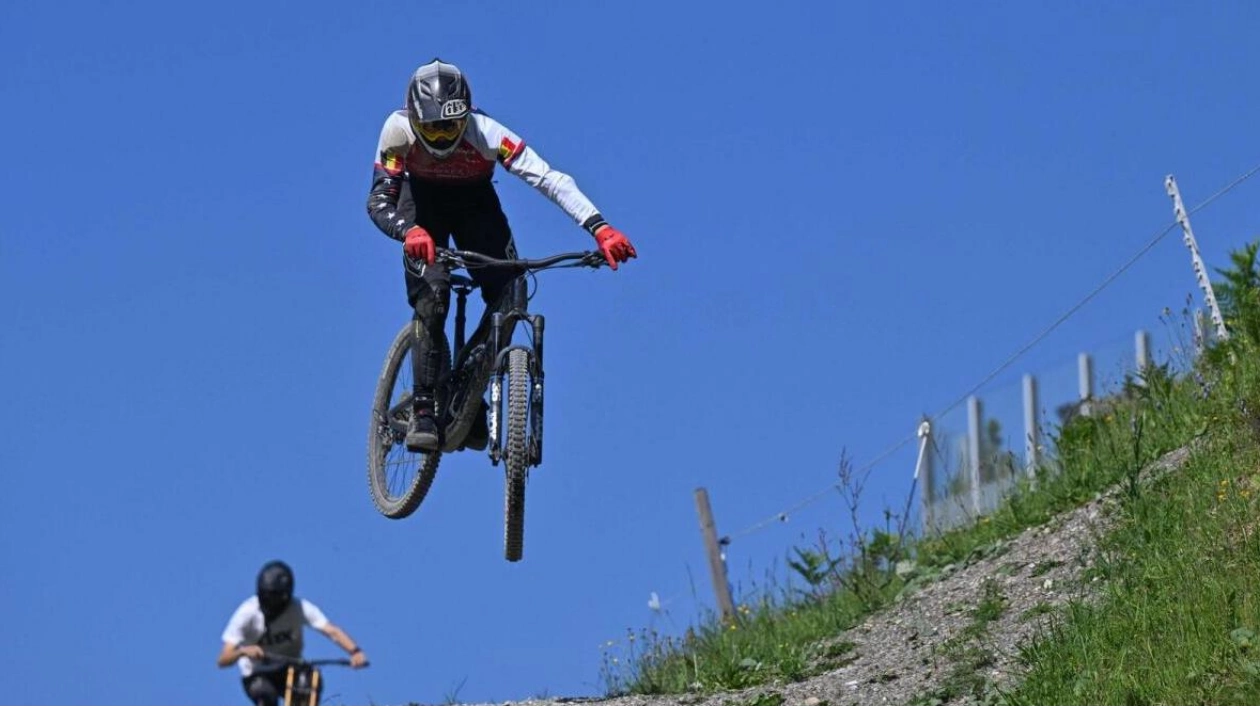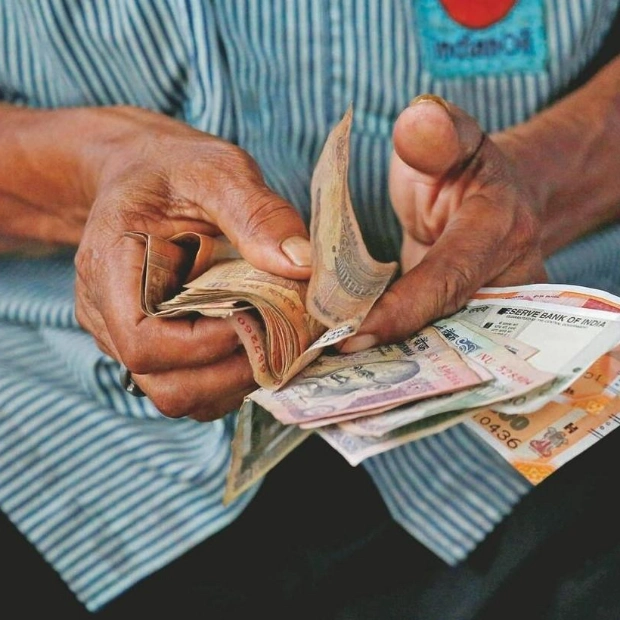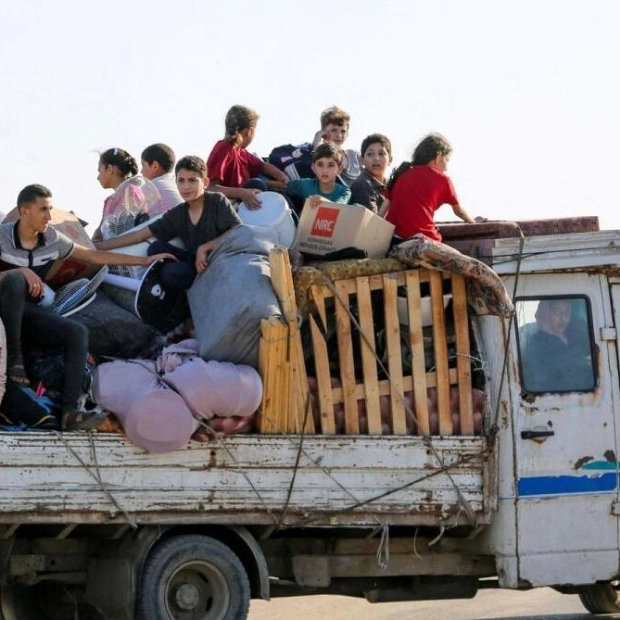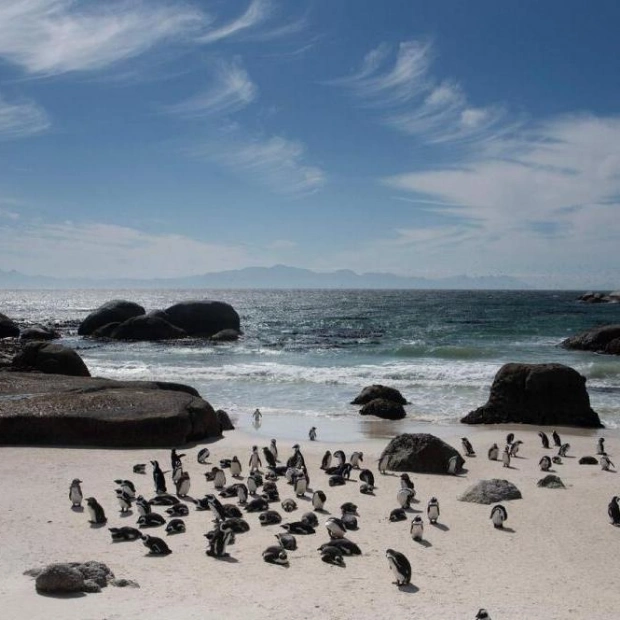On a sunny summer day, mountain bikers rushed to catch the final gondola at one of Austria's premier Alpine resorts, Leogang-Saalbach, securing their bikes onto racks typically used for skis. This resort, along with many others in the Alps, is shifting its focus to warmer weather activities due to increasing temperatures and reduced snowfall, prompting Austria to explore alternatives to winter sports.
Bikers from across Europe are converging on the Salzburg region in western Austria to navigate its steep slopes. "These mountains and slopes are something we simply don't have in Estonia," remarked 51-year-old mountain biker Jonas Ritson before embarking on a downhill trail. Since the pandemic, the summer season's economic impact has marginally surpassed that of the winter season in Austria, according to Oliver Fritz, a senior economist at the Austrian Institute of Economic Research (WIFO).
Historically, both summer and winter contributed equally to the tourism industry's annual revenue, but post-pandemic trends have favored the summer, with the 2023 warm season accounting for more than half of the industry's 29.5 billion euros ($31.9 billion) in revenue. Bikers have emerged as the second largest group of summer tourists in Austria, following hikers, with their numbers rising from 22% before the pandemic to 27% in 2023.
A joint report by the weather services of Austria, Germany, and Switzerland highlighted that the previous winter in the Alps was marked by unusually mild temperatures, making it the second warmest winter in Austria since records began in 1851. This has raised concerns about the future of Austria's renowned ski resorts. "Climate change has forced tourist destinations to reconsider and adopt trends like mountain biking," noted Martin Schnitzer, a sports economist at the University of Innsbruck.
The Austrian government is responding to the growing demand for legal mountain bike trails by planning to negotiate more agreements with landowners, including forest owners who currently limit access. Existing regulations, dating back nearly 50 years, generally prohibit biking across land without explicit owner approval. Schnitzer believes that developing a national strategy for mountain biking is overdue.
Bikers in Austria can face fines of up to 730 euros ($800) for trespassing, with some disputes escalating to claims of several thousand euros, according to Rene Sendlhofer-Schag of Austria's Alpine Club. "No other country in the Alps, or perhaps in Europe, has so comprehensively excluded a sport," he stated. The government is looking to resorts like Leogang-Saalbach, which have successfully become year-round destinations, for guidance.
Leogang-Saalbach's famous bike park, which has hosted mountain biking world cup races since its inception in 2001, was the first of its kind in Austria. The resort's network of mountain cable cars, managed by Kornel Grundner, required agreements with several local landowners to establish the park. This foresight has proven beneficial, with the bike park experiencing a nearly 70% increase in first-time visitors over the past decade, reaching 260,000 last year.
Economist Fritz anticipates that the government's strategy will establish a necessary framework to facilitate the harmonious coexistence of all stakeholders. "Mountain biking introduces significant potential for conflict, as landowners, forestry, hunters, and hikers are not always supportive of bikers," he explained. This issue is also recognized by Swiss biker Isabella Hummel, who noted similar challenges for mountain bikers in certain cantons of Switzerland.






